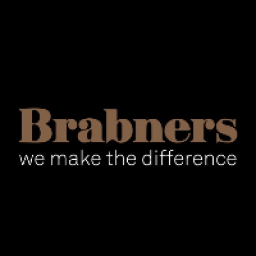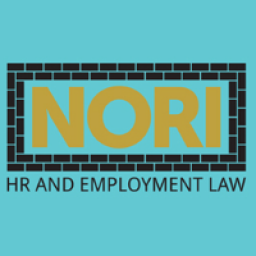How to deal with an employee grievance as a business
Businesses don’t feel that grievances are going to impact them. They have a great team around them, and everyone is happy.
The
reality is that everyone is human, and at one stage or another, there
will be issues that need to be addressed. As a business, the best step
you can take is ensuring you have a system or process in place that is
very clear to understand and recognises when grievances are raised.
This
shout include when an employee grievance is raised to their line
manager in the first instance, which should be dealt with and addressed.
Or, if the grievance is about the line manager, who the employee can
turn to to register their grievance.
Having a clear procedure in
place shows staff you have considered every eventuality. It also
provides clear guidance on how they can address their concerns and that
the business will take them seriously. The worst thing that can happen,
is an employee has a concern and feels like they have nowhere to go or a
person to turn to. This will just enable the problem to fester and
become toxic in the workplace.
To understand full considerations and watch the video for 'Dealing With A Grievance', visit our HR Toolkit page at https://norihr.co.uk/resources/employee-grievance/
 Elektec Ltd
Elektec Ltd










